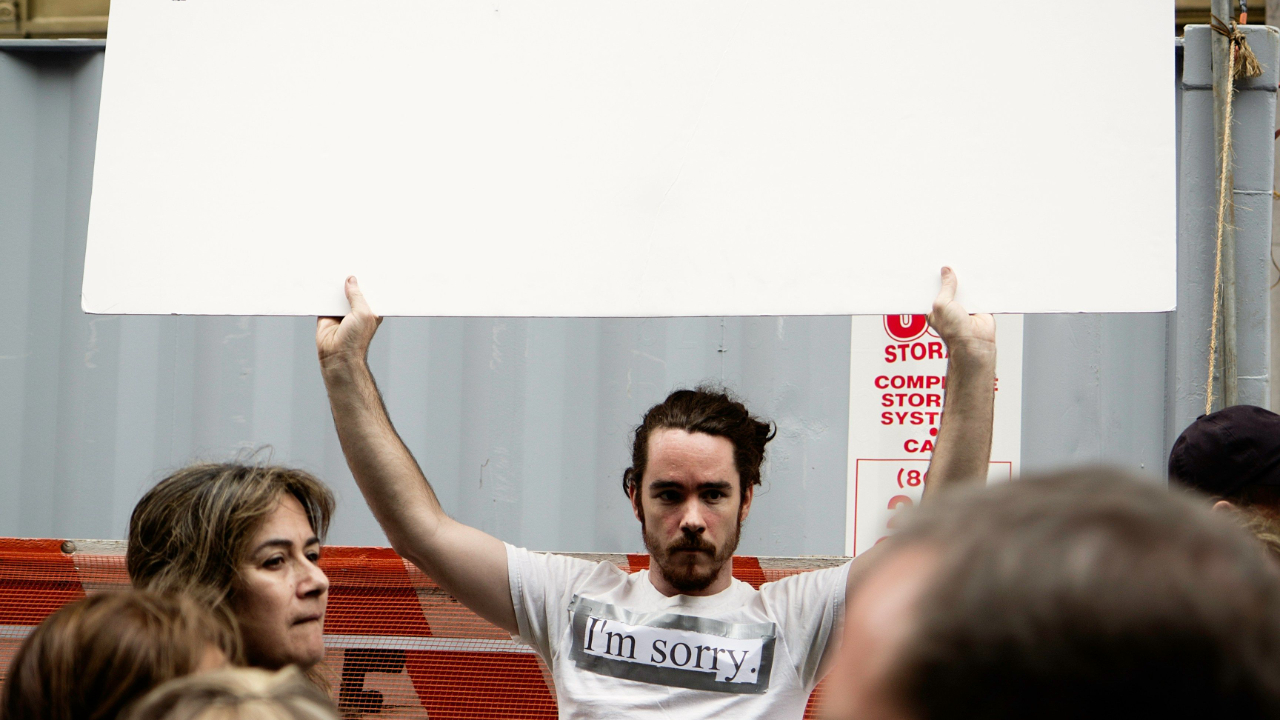Radical Forgiveness: How Letting Go Frees You from Anger and Pain
Apr 15, 2025
Introduction
Forgiveness is one of those concepts we all like the idea of, yet when we’re knee-deep in pain or anger, it can feel almost impossible. We often tell ourselves, “I’ll forgive, but I won’t forget,” unaware that this mindset keeps us chained to our hurt. True forgiveness isn’t about pretending the pain never happened. It’s about moving through that pain, then choosing not to carry it any longer. In this sense, forgiveness becomes less about the other person and more about giving ourselves the gift of peace.
Over the years, I struggled with the very thought of forgiving those who hurt me. My anger felt justified, and I was convinced I had every reason to hold on to it. But through therapy, reflection, and real-life practice, I realized how liberating it is to surrender, let go, and accept. Below are frameworks and insights that helped me move from a place of bitterness to genuine forgiveness.
What Radical Forgiveness Really Means
“Radical” forgiveness goes beyond saying, “I forgive you.” It involves processing the pain so thoroughly that you no longer feel the urge to see the other person suffer or pay for what they did. It doesn’t happen overnight, and it’s not about erasing what happened. Instead, it’s about releasing yourself from a prison of resentment—one we often lock ourselves into.
The moment we understand that forgiveness serves us most of all, our suffering begins to lessen. When you let go of anger, you create space for new attitudes, self-respect, and personal transformation.
Five Steps to Granting the Gift of Forgiveness
(Adapted from R. Klimes)
-
Acknowledge the Anger and Hurt
Identify precisely what happened and how it impacted you. Name the offenses and allow yourself to feel the emotions. Recognition is the first step to healing. -
Bar Revenge and Harmful Thoughts
When we harbor thoughts of revenge, we keep fueling our anger. Deciding not to repay pain with more pain sets the stage for genuine release. -
Consider the Offender’s Perspective
This doesn’t mean you excuse their behavior. Rather, try to understand where they might have been coming from. Sometimes, understanding motivations can lessen the emotional charge. -
Accept the Hurt Without Passing It On
Continually throwing the pain back and forth only magnifies it. Accept that what happened, happened. This stops the cycle of constant re-triggering. -
Extend Compassion and Goodwill
It might feel impossible at first, but approaching the offender with compassion liberates you. The emotional burden you carry begins to fade, making room for peace.
The Four Stages of Forgiveness
(Adapted from Enright’s Forgiveness Process)
-
Uncovering
- Recognise how the injustice affected you and changed your view of the world.
- Face feelings of anger, shame, or exhaustion.
- Accept that this situation could have lasting effects on you—unless you choose otherwise.
-
Decision
- Understand what forgiveness entails (and what it doesn’t).
- Make an active choice to pursue forgiveness. It’s not just an emotion; it’s a commitment.
-
Work
- Look deeper into the offender’s mindset. Attempt to reframe your perspective of them.
- Cultivate empathy or compassion, if only in small doses at first.
- “Bear the pain” by allowing yourself to feel it rather than deflecting or denying it.
-
Deepening
- Find meaning in the suffering—growth often follows our hardest trials.
- Recall moments you needed forgiveness from others.
- Notice how forgiving helps you feel more connected to people and reduces negative emotions overall.
Forgiving Yourself First
Often, we feel anger not just toward the person who hurt us but toward ourselves for allowing that hurt. We wonder, “Why didn’t I see it coming? Why did I let this happen?” Before we can fully forgive another, we might need to forgive ourselves for the pain we endured. This self-forgiveness is where true healing begins; it’s an ongoing process that demands daily attention and effort.
Choosing Freedom Over Resentment
Rumi once asked, “Why do you stay in prison when the door is so wide open?”
Indeed, our emotional prison is often self-constructed. Forgiveness is that open door, offering a path to freedom if we choose to walk through it. It’s less about them and far more about us—our peace, our evolution, and our capacity for compassion.
Vaya Con Dios
Ultimately, radical forgiveness is a decision we make to prioritise our emotional wellbeing over our desire to remain hurt or angry. When we decide to let go, we unshackle ourselves from the past and step into a future fuelled by self-awareness, empathy, and a newfound sense of inner liberation.
Need more help
Sometimes we all need a little extra support, and that's okay. If you're feeling stuck, struggling with a relationship, or simply want to make positive changes in your life, I’m here to walk that journey with you. The most meaningful step for you is to reach out and try a free session to see if we can resolve this.
Get life strategies
Join our mailing list to receive the latest news and updates.
Don't worry, your information will not be shared.
I hate SPAM. I will never sell your information, for any reason.
